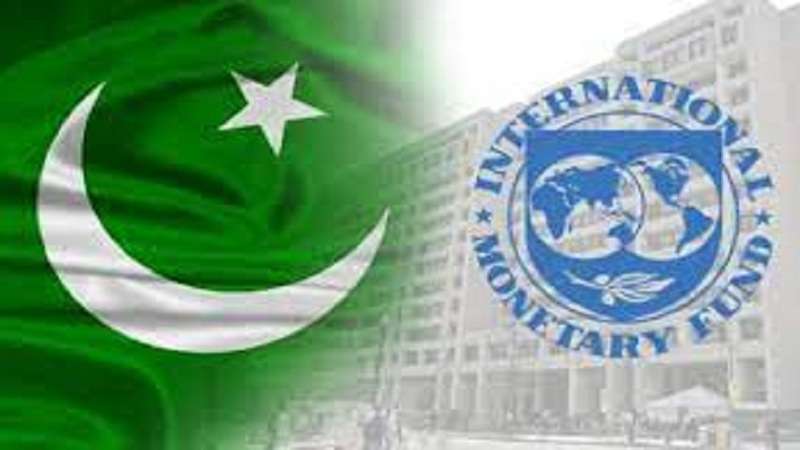The government of Pakistan has entered into critical discussions with the International Monetary Fund (IMF) regarding fiscal reforms to be incorporated in the upcoming federal budget for FY2025-26, with a central focus on bolstering tax collection and reducing the widening fiscal deficit.
As part of ongoing virtual negotiations, Pakistan’s economic team and IMF officials are fine-tuning a set of aggressive budget measures aimed at securing the next tranche of IMF funding. These talks are taking place ahead of the budget presentation, scheduled for June 10, which is expected to feature tough policy adjustments and heavy tax reforms.
Among the measures under review are a sharp increase in the sales tax on luxury goods — possibly above the current 25 percent — and a broader application of the general sales tax to previously exempt items. The government is also contemplating the removal of tax exemptions for several sectors, including renewable energy and agriculture, in line with IMF directives to expand the tax base.
A senior finance ministry official stated, “The IMF has been clear: Pakistan must demonstrate fiscal discipline and a serious commitment to structural reforms in the FY26 budget. This includes enhanced enforcement and modernization of our tax collection apparatus.”
To that end, significant reforms are being proposed, including a dramatic rise in penalties for tax evasion detected via point-of-sale (POS) systems—from Rs0.5 million to Rs5 million—and potential criminal charges for chronic evaders. The IMF has also urged for digitization of tax processes and strengthening the autonomy of tax enforcement bodies.
Meanwhile, farmers and the energy sector may face major setbacks. The proposed budget may introduce an 18 percent general sales tax on fertilizers, pesticides, and farm equipment. The removal of tax relief for solar panels and related components is also being considered, a move experts say could derail Pakistan’s clean energy transition.
While economic experts agree that the proposed measures are harsh, they are seen as crucial for securing the IMF’s financial support. Without it, Pakistan risks deepening its fiscal crisis, escalating inflation, and losing credibility with global lenders.
